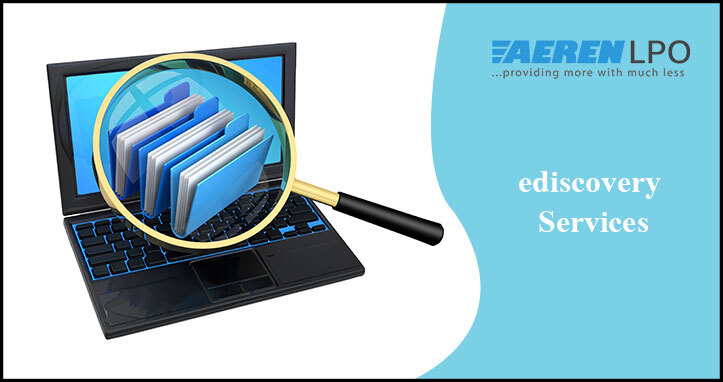This year comes with lots of changes in everyone’s life whether it’s good or bad. However, this year has taught us all a lot as transition from 2020 to 2021. It reflects on how strong each one of us has been through personal tragedies, loss, and fear. More than 1.6 million people died in the COVID-19 pandemic, while millions struggled to pay their bills and expenses. People suffered a lot due to this pandemic.
Pandemic didn’t spare anyone, not even the legal industry. As is the case with every other industry, remote work has fundamentally challenged eDiscovery workflow and litigation processes and trends. Some changes brought in by the pandemic’s impact are here to stay, while some are just a temporary relief. Let’s address some of these changes briefly:
Remote Work Makes Communications Discoverable
Someone who is employ by the company, but works outside of the traditional office environment. This could mean working from a nearby coworking space. As well as from home, at a coffee shop, or in any city across the world. This has been one of the boons of the pandemic that has led to a smooth and convenient work process. Discussions in conference halls or office meeting rooms is now online at one’s convenience. It means the content of those conversations is now discoverable. Tools like Zoom, Slack, and countless others have transforms the conversation into electronically stored information. It can be retrieved or reviewed at any time as per the request.
Legal Teams Need Insight Into Tools and Technologies
Legals and paralegals have to constantly update themselves with the latest communication platforms or tools such as meeting apps, chat tools and many other collaborative platforms. In order to collect effective information and preserve evidence, in-house team and e-Discovery professionals need detailed insight into how these tools work and what data they contain, otherwise, it might turn out to be a nightmare for all.
The Legal Industry Needs To Be Proactive
Teams simply can’t wait for a legal matter to arise before considering how data will be found, reviewed, and exported for eDiscovery. Good information governance, great cleaning methods and data-mapping are crucial to reducing the cost and complexity of eDiscovery and must be prioritized in every organization.
Effective E-Discovery Should Balance With Privacy and Security Considerations
Finding relevant evidence/ information in a heap of data is difficult enough. IT Acts, PDP Bills, regulations like the GDPR and CCPA place substantial restrictions on the processing of personal data, and these restrictions further extend the processing for eDiscovery purposes. While delivering e -Discovery services, bear in mind the required evidence with a balance of privacy and security.
Legal Teams, Janitors, and Other Stakeholders Have To Work Together
Teamwork and relationship building across the organization is most important thank ever. eDiscovery professionals need to know who the janitors of various data sources are and they need to work closely on the same. The amount of complexity of modern data means legal teams need the help and input of IT professionals, so performing eDiscovery in isolation is no longer an option. Consequently working together is the best option ever.


